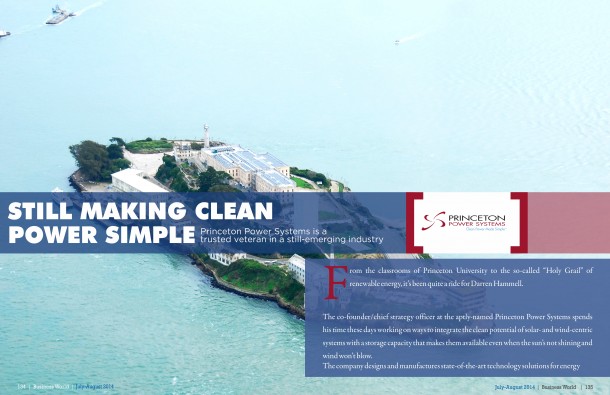Iraq’s Parliament, after a delay of nine months, has confirmed Nouri al-Maliki as Prime Minister for a second term.
The formation of Mr. Maliki’s national unity government has been an exercise in balancing the competing interests of Iraq’s Sunni, Shia and Kurdish power blocs.
Ayad Allawi, the leader of the Iraqiya party that won 91 seats — two more than the Mr. Maliki’s State of the Law coalition but was unable to form a government — has been appointed as the head of the national council for strategic studies, a newly created post.
Another prominent Iraqiya member, Rafie al-Esawi, has been appointed as the Finance Minister. The Iraqiya party had won heavily in Sunni-dominated areas and Mr. Esawi is also a Sunni.
In his address to law makers, Mr. Allawi said his Iraqiya coalition would fully participate in the government. “We as the Iraqiya bloc declare our full support for this government,” said Mr. Allawi. “Iraqiya will play an active, productive and cooperative role.”
In his new line up, Mr. Maliki has retained as Foreign Minister, Hoshyar Zebari, a seasoned Kurdish politician. The Iraqi Presidency is also headed by Jalal Talabani, a veteran Kurdish leader.
The Prime Minister has positioned his close confidants in charge of portfolios related to Iraq’s lucrative oil sector. Outgoing Oil Minister and former nuclear scientist Hussain al-Shahristani has been elevated to the post of Deputy Prime Minister for Energy. The Oil Ministry has gone to the former Deputy Oil Minister, Abdul Kareem Luaibi.
In the absence of an oil law, the two will play a key role in steering talks with international oil companies, who are well inclined to participate in Iraq’s oil sector. While he was Oil Minister, Mr. Shahristani had been the architect of a phased plan to boost Iraq’s current daily production capacity of 2.5 million barrels to 12 million barrels, rivalling that of neighbouring Saudi Arabia.
Significantly, Mr. Maliki has kept the appointments to the highly sensitive security ministries on hold. The Sadr movement, which is part of the larger pan-Shia Iraqi National Alliance is especially cagey about the appointments to the Defence and Interior Ministries.
During his first term in office before the Sadr movement became his ally, Mr. Maliki had ordered attacks on the Sadrist Mahdi Army, which had its strongholds in the southern city of Basra.
During his address to Parliament, Mr. Maliki acknowledged that the formation of the new government had been problematic. “I do not say that this government, with all its formations, satisfies its citizens’ aspiration, nor the political blocs’, nor my ambition, nor any other person’s ambition, because it is formed … in extraordinary circumstances,” he observed.
Source: Thehindu.com







